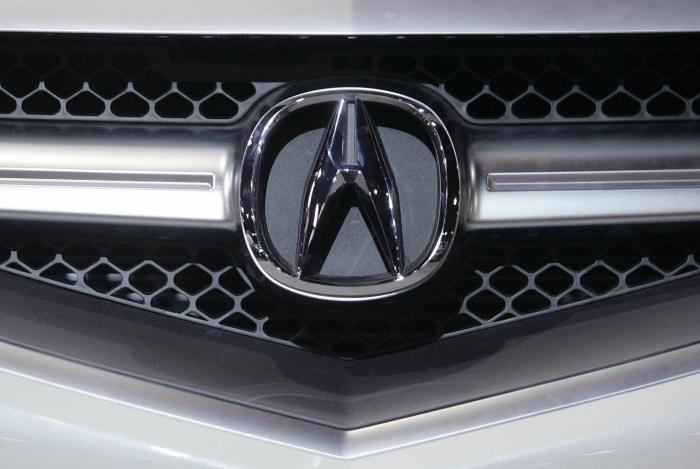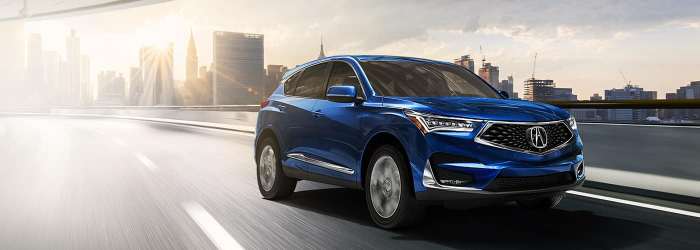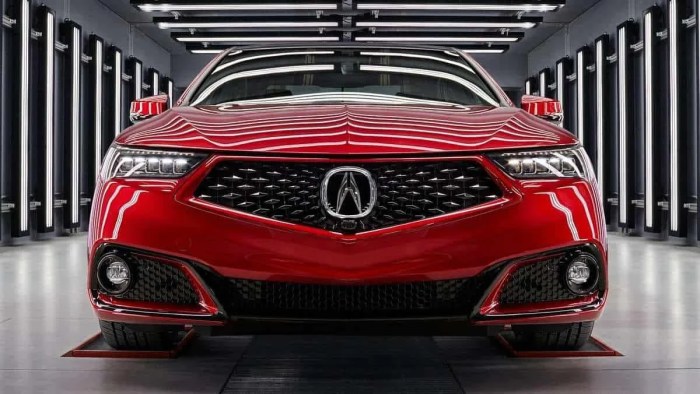Does Honda own Acura? This question sparks curiosity in the automotive industry, as both brands share a close connection. Dive into this comprehensive guide to uncover the intricate relationship between Honda and Acura, exploring their history, ownership structure, product lines, brand positioning, and future prospects.
Honda, renowned for its reliability and fuel efficiency, and Acura, known for its luxury and performance, have carved distinct niches in the automotive market. Their intertwined story unveils a tale of shared heritage and strategic expansion.
Overview of Honda and Acura: Does Honda Own Acura
Honda and Acura are two distinct automotive brands with a shared history and a complementary relationship. Honda, established in 1948, is a Japanese multinational conglomerate primarily known for its automobiles, motorcycles, and power equipment.
Acura, on the other hand, was founded in 1986 as Honda’s luxury vehicle division, targeting a more premium market segment. Both brands share technological advancements, engineering expertise, and a commitment to innovation.
Target Market
Honda’s target market encompasses a broad range of consumers, from budget-conscious individuals to families seeking reliable and practical vehicles. The brand’s reputation for affordability, fuel efficiency, and durability has made it a popular choice for everyday transportation.
Acura, in contrast, caters to a more discerning clientele seeking luxury, performance, and exclusivity. The brand’s vehicles are designed to offer a refined driving experience, advanced technology, and premium amenities, appealing to those who prioritize style, comfort, and sophistication.
Ownership Structure

Honda owns Acura directly as a wholly-owned subsidiary. This means that Honda has complete control over Acura’s operations and finances.
Honda and Acura operate as separate entities, with Acura focusing on the luxury vehicle market. However, Honda provides Acura with significant support in areas such as research and development, manufacturing, and marketing.
Other Subsidiaries Owned by Honda
- Honda R&D Co., Ltd.
- Honda of America Mfg., Inc.
- Honda Finance Corporation
- Honda Aircraft Company
- Honda Power Equipment Co., Ltd.
Product Line Comparison

Honda and Acura offer distinct product lines, each targeting different customer segments. Honda’s lineup emphasizes affordability, practicality, and fuel efficiency, while Acura focuses on luxury, performance, and advanced technology.
Both brands share some vehicle types, such as sedans, SUVs, and coupes. However, Acura offers more performance-oriented variants, such as the Type S models, while Honda has a wider range of entry-level and fuel-efficient options.
Vehicle Types, Does honda own acura
- Honda: Sedans (Civic, Accord), SUVs (CR-V, HR-V), Coupes (Civic Coupe, Accord Coupe), Minivans (Odyssey), Hatchbacks (Fit, Civic Hatchback)
- Acura: Sedans (ILX, TLX), SUVs (RDX, MDX, ZDX), Coupes (Integra, NSX)
Features
- Honda: Focus on fuel efficiency, reliability, and value-for-money features (Honda Sensing safety suite, infotainment systems)
- Acura: Emphasis on luxury, performance, and advanced technology (premium leather interiors, powerful engines, adaptive suspension systems)
Pricing
- Honda: Generally more affordable, with a wider range of price points to suit different budgets
- Acura: Priced higher than Honda, offering more luxurious and performance-oriented options
The product lines of Honda and Acura complement each other by providing a comprehensive range of vehicles to cater to diverse customer needs. Honda’s focus on affordability and practicality appeals to value-conscious buyers, while Acura’s emphasis on luxury and performance attracts those seeking a more premium driving experience.
Brand Positioning

Honda and Acura adopt distinct brand positioning strategies to differentiate themselves in the automotive market. Honda focuses on delivering practical, fuel-efficient, and reliable vehicles for everyday use, while Acura emphasizes performance, luxury, and innovation.
Honda’s brand messaging highlights its commitment to engineering excellence, affordability, and family-friendly features. Campaigns such as “The Power of Dreams” and “Earth Dreams Technology” convey the brand’s focus on innovation and environmental consciousness.
Acura
Acura’s brand positioning targets discerning consumers seeking a premium driving experience. Its marketing emphasizes performance, style, and cutting-edge technology. The “Precision Crafted Performance” tagline reflects Acura’s dedication to delivering high-quality vehicles with exceptional handling and power.
Market Share and Sales Performance
Honda and Acura exhibit varying market shares and sales performance across different regions. In the global automotive market, Honda holds a significant share, while Acura’s presence is more prominent in North America.
Sales Performance and Revenue
- Honda:In 2022, Honda sold over 4.6 million vehicles globally, generating revenue of approximately $133 billion.
- Acura:During the same period, Acura sold around 163,000 vehicles, contributing to Honda’s overall revenue.
Factors Influencing Success
Several factors influence the success of Honda and Acura:
- Brand Recognition:Honda has a strong global brand reputation, while Acura is more recognized in North America.
- Product Line:Honda offers a wider range of vehicles, including affordable and fuel-efficient models, while Acura focuses on luxury and performance cars.
- Market Positioning:Honda positions itself as a value-oriented brand, while Acura targets a premium segment.
- Distribution Network:Honda has a well-established distribution network worldwide, while Acura’s presence is more concentrated in specific markets.
Future Outlook
The future of Honda and Acura looks promising, as both brands are well-positioned to adapt to the evolving automotive landscape.
Honda’s focus on fuel efficiency, reliability, and affordability will continue to resonate with consumers, while Acura’s emphasis on performance, luxury, and technology will appeal to a discerning clientele.
Industry Trends and Technological Advancements
The automotive industry is undergoing a period of rapid transformation, with the rise of electric vehicles, autonomous driving, and connected cars. Honda and Acura are both investing heavily in these areas to ensure they remain competitive.
Electric Vehicles
- Honda has already introduced several electric vehicles, including the Clarity and the CR-V Hybrid, and plans to launch more in the coming years.
- Acura is also expected to introduce its first electric vehicle in the near future.
Autonomous Driving
- Honda is developing autonomous driving technology through its Honda Sensing suite of features.
- Acura is also working on autonomous driving technology, and it is expected to be available on some models in the coming years.
Connected Cars
- Honda and Acura both offer connected car services that allow drivers to remotely access their vehicles and receive real-time updates.
- These services are expected to become increasingly important in the future as cars become more connected.
Epilogue
In conclusion, the relationship between Honda and Acura is a testament to the power of strategic expansion and brand differentiation. Honda’s ownership of Acura has allowed both brands to flourish, catering to diverse customer needs while maintaining their unique identities.
As the automotive industry continues to evolve, the future holds exciting possibilities for both Honda and Acura, driven by innovation and a commitment to excellence.